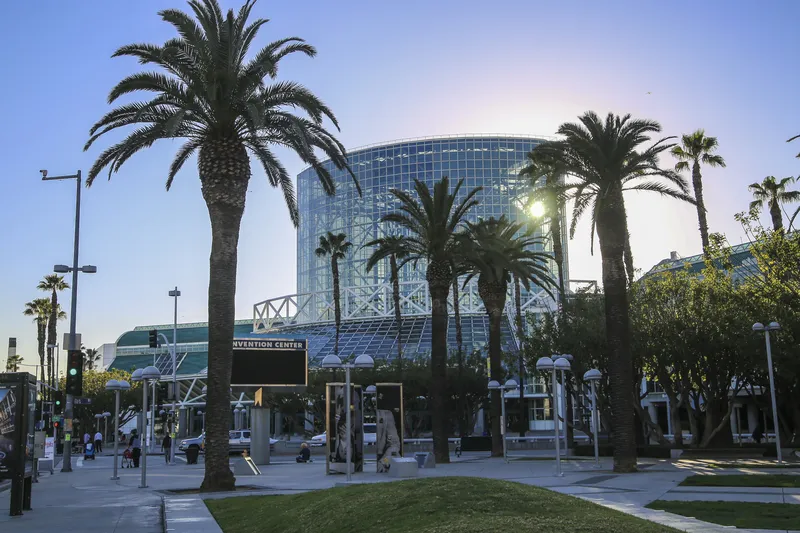The Los Angeles County Metropolitan Transportation Authority (LACMTA) has selected a joint venture of AECOM and Parsons Brinckerhoff (PB) to provide conceptual planning and preliminary design for the US$1.4 billion Metro Regional Connector Transit corridor project, also known as the Downtown Connector or Downtown Light-Rail Connector.
April 23, 2012
Read time: 2 mins
RSSThe 1795 Los Angeles County Metropolitan Transportation Authority (LACMTA) has selected a joint venture of 3525 AECOM and 4983 Parsons Brinckerhoff (PB) to provide conceptual planning and preliminary design for the US$1.4 billion Metro Regional Connector Transit corridor project, also known as the Downtown Connector or Downtown Light-Rail Connector.
The underground rail connection will link the Metro Gold and Blue lines with the new Expo light rail through downtown Los Angeles, enabling passengers to travel from Azusa to Long Beach and from the Eastside to Culver City.
In tying together light rail lines in downtown L.A., the Regional Connector will provide major regional north/south and east/west rail line linkages that will give transit commuters a one-seat, one-ticket ride and significant travel time savings not available today. The connection itself will save approximately 20 minutes of time by eliminating line transfers through downtown. The project is estimated to provide access to 90,000 passengers daily, including 17,000 new transit riders by 2035.
The AECOM/PB joint venture, known as the Connector Partnership, will be responsible for creating an advanced conceptual plan for the project as well as preliminary engineering, with options for design support during construction and system activation. The joint venture will also assist LACMTA with project controls and risk assessment.
Construction on the connector could begin in 2013 and be completed by 2019, depending on the availability of federal funding.
The underground rail connection will link the Metro Gold and Blue lines with the new Expo light rail through downtown Los Angeles, enabling passengers to travel from Azusa to Long Beach and from the Eastside to Culver City.
In tying together light rail lines in downtown L.A., the Regional Connector will provide major regional north/south and east/west rail line linkages that will give transit commuters a one-seat, one-ticket ride and significant travel time savings not available today. The connection itself will save approximately 20 minutes of time by eliminating line transfers through downtown. The project is estimated to provide access to 90,000 passengers daily, including 17,000 new transit riders by 2035.
The AECOM/PB joint venture, known as the Connector Partnership, will be responsible for creating an advanced conceptual plan for the project as well as preliminary engineering, with options for design support during construction and system activation. The joint venture will also assist LACMTA with project controls and risk assessment.
Construction on the connector could begin in 2013 and be completed by 2019, depending on the availability of federal funding.








